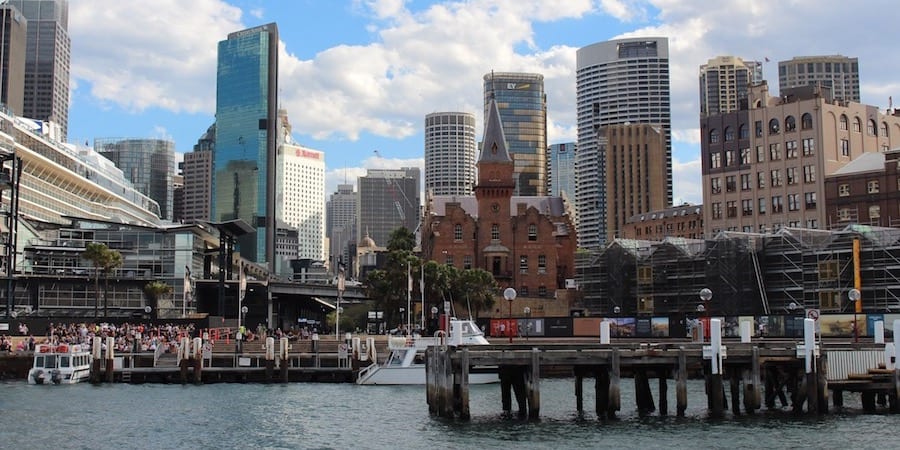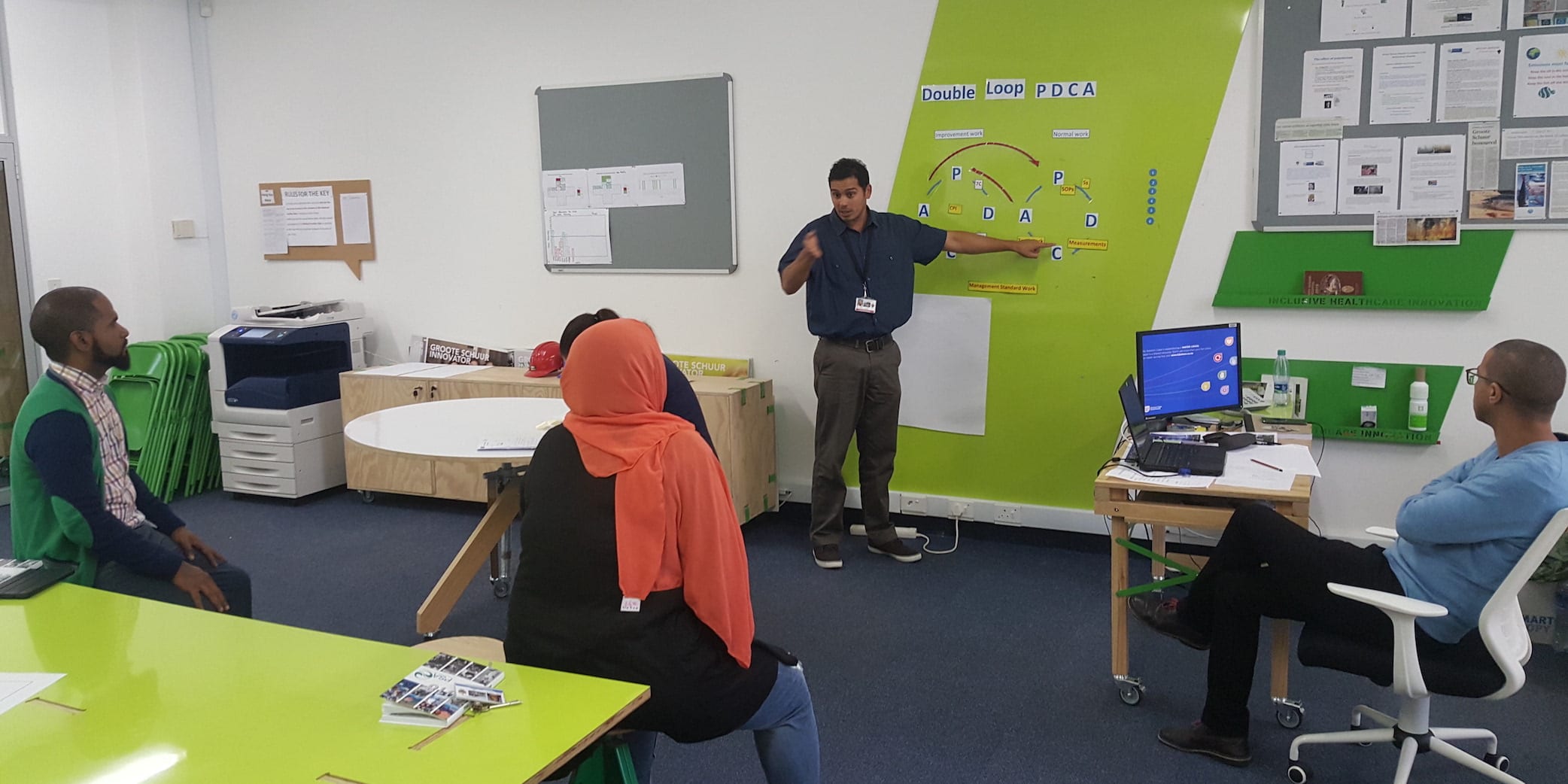
The post-Toyota future of the lean community in Australia
INTERVIEW – With the closure of Toyota’s operations in Altona, the land Down Under is left without its lean poster child. Alister Lee tells us who the community there should look to next.
Interviewee: Alister Lee, President, Lean Enterprise Australia
Planet Lean: One of the big stories from Down Under in the last year was the closure of Toyota’s plant in Altona.
Alister Lee: Indeed. Improvement work requires perseverance and the saying “two steps forward, one backward” rings true for lean practitioners. For the Lean Community in Australia this past year, a “step backward” was to lose one of our exemplar lean organizations, with Toyota closing its manufacturing in Australia, marking the end of automotive manufacturing in this country.
The Toyota gemba walks have been a popular and highly-rated feature of past Australian Lean Summits. This was an opportunity for people from many different industries to observe a “future state” in action and reflect on what thinking and practices could be applied to their own work. A highlight for many was the daily management systems used by the work teams. The link between standard work, surfacing problems and team problem solving was clearly visible – a closed loop system of improvement. But I believe this year we will be showcasing enough lean excellence to show Australian practitioners that the future of lean in our country is bright.
PL: Who should the Australian lean community look to now?
AL: The closure of Altona means that, as a community, we are left with the challenge of finding the next examples of high performing organizations. I believe we have found one such example in a player in the digital economy – realestate.com.au. In a traditional service organization, it is often not easy to see the work: people are typing away on their laptops but seeing the flow of the work is not as easy as it is in manufacturing. So, it is particularly striking to walk into the offices at realestate.com.au and see the way the teams have changed the way they work. Organized in cross-functional teams and responsible for customer-focused value streams, they use daily management systems to make the work and problems visible. Whether you view these systems through a lean or an agile lens, it is clear that the underlying principles are the same – customer value, flow and pull, quality at the source, and people engagement. What matters to the work teams is that they have developed ways to collaborate within and across teams to get stuff done. Talking to the teams at realestate.com.au, you get a sense of their enthusiasm for this way of working. We are thrilled to have Nigel Dalton, realestate.com.au’s Chief Inventor, as one of our keynote speakers. Planet Lean has recently published an article by Nigel, and a profile on him.
PL: What’s the current state of lean thinking in Australia?
AL: The examples above reflect a trend in the economy towards services, enabled by technology. Many industries, such as automotive and energy generation, are undergoing significant transformations. This change increases the need to engage people in problem solving and improvement. It is therefore not surprising that we are seeing the spread of lean thinking and practice in service, healthcare and government. We are also seeing it being taken on by smaller organizations.
PL: The Lean Community in Australia will come together at the end of this month for the Lean Summit. What can attendees expect from this event?
AL: Lean practitioners from around the country will share stories of improvement and network. The theme this year is “putting the pieces together” – we have picked it to highlight a holistic approach to our lean transformations. The keynote speaker, Jean Cunningham, will address the financial benefits of lean. We will also launch the Lean Mining Institute, which aims to advance lean thinking in an important part of the Australian economy. Read more about this initiative in this article by our Canadian colleague Laura Mottola.
Aside from the learning, perhaps the most important benefit gained from attending the Summit is being energized by speakers and colleagues. Our aim is to have participants return to their organizations with both ideas and motivation to make things happen.
Join the upcoming Lean Thinking & Practice 2018 Australasian Summit.

More info here.
THE INTERVIEWEE

Read more


OPINION - If you have ever 5S-ed your daughter’s room or tried to bring one-piece flow to your grocery routine, this article on what lean management looks like in our personal lives is for you.


FEATURE - Michael Ballé shares a few thoughts on leadership and respect for people, and tells us why lean management is the only way to make adaptive change a way of life.


FEATURE – When it comes to the fight against climate change, we can’t expect to achieve much until we fundamentally challenge the way we think about resource consumption. Lean is our tool to do that.


FEATURE – How “Double-Loop PDCA” was discovered due to a problem with implementing a lean daily management system in a South African hospital.

